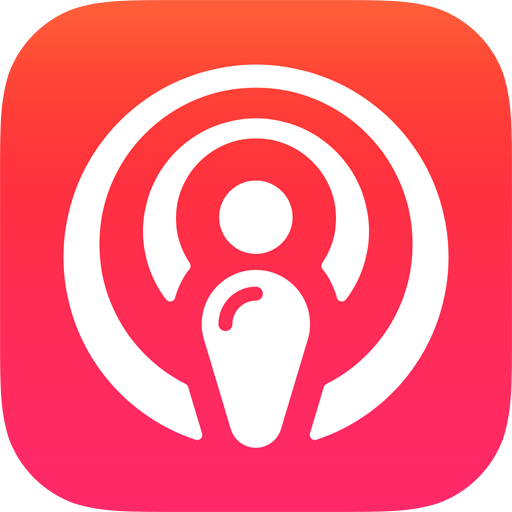Top 5 Digital Literacy Skills UAE Students Need for Success
One of the buzzwords of a 21st century classroom is digital literacy. The Tech Edvocate, in one of its blog posts, defines digital literacy as using information technology and the internet to create, use, and share content in an increasingly digital world. Keeping this in mind, our digital literacy classes in the College Prep Program at the Al Qasimi Foundation introduce tasks that grade 9-12 students complete in a digital environment. This means students practice interpreting, reproducing, and evaluating information using the internet and applying this knowledge to ongoing tasks in the class.Why did we need such a class to help prepare our students for university? Firstly, the classrooms and workplaces of the future will be much different from what we see today. Building digital literacy competencies helps students prepare for this new world, through helping them transfer into universities and their future careers. Secondly, the introduction of digital technologies in the formative years helps students grasp skills quicker and they seldom shy away from asking questions. This makes them better life-long learners.
Knowing how to use the current technologies in UAE classrooms is one thing, but developing students’ skills so they will be ready to enter and stay relevant in the ever-changing tech landscape of the learning environments and workplaces of the future is another. Here are the top five competencies and skills I think should be taught and promoted in digital literacy courses in the UAE and beyond.
1. Virtual Collaboration
So far, students’ connection with their teachers, their peers, and the knowledge they acquire has most likely been in person. But digital classrooms take this interaction one notch higher through virtual collaboration. Introducing formal email etiquette teaches students the ability to communicate effectively, address queries, clarify information and keep themselves updated in an electronically connected environment. In the future, these students will be using technology to work on projects remotely, submit assignments online, and even use video conferencing as a part of their curriculum.
2. Digital Citizenship
When using the internet, it is necessary to know how to communicate when online. Virtual interaction tends to blur the lines of communication. Netiquette is one strategy that helps students be aware of their digital presence and be accountable for their actions on the world wide web. Students need to be informed of how they leave digital footprints when they are online and that they must be cognizant of their privacy and security when surfing the internet.
3. Access to and creation of information
Having access to a plethora of information was unthinkable a few years ago. Now, students have media (video, images, podcasts) and literature to verify and comprehend knowledge. This lessens the time they take to learn new things, removes knowledge gatekeeping, and provides equal access. Students now have access to free platforms to express themselves and share content they create, post their opinions and receive feedback, and even grow and share their skills. It is important to teach students how to evaluate the quality and purpose of these sources of information, and understand the accepted and appropriate usage of them.
4. Online tools for better learning
The digital world has made many resources available to students. A simple Google search can expand one’s knowledge on any topic in any language. Videos, imagery and blogs open up avenues to explore more information about how things work. This helps students reach new levels of creativity and they learn how to use new applications or software programs. This motivates lifelong learning and students can keep themselves updated with the introduction of newer technologies.
5. Safety and security
Digital interaction has necessitated a dialogue of protecting not just oneself but also ones’ work posted on websites and over the internet. Today, students need to be made aware of issues surrounding cyber bullying and keeping oneself safe online. In addition, exposure to digital content brings in the fear of plagiarism. Students need to understand how to use resources from the web in academic writing and verify the credibility of these sources when referencing information from the internet.
Two of the National Priorities under the UAE’s Vision 2021 National Agenda are creating a first-rate education system and cultivating a competitive knowledge economy. Both of these priorities focus on investing in the youth of the country and promoting innovative research and development. The programs and initiatives under the College Preparation Program aim at youth capital development and in helping the UAE transition to a knowledge-based economy. Through the digital literacy workshops, we hope to encourage peer engagement, critical thinking, self-directed learning, and empower students to explore resources available at their disposal. These opportunities will prepare young learners to apply for competitive university education abroad and have a chance at expanding their horizons to the betterment of their communities.
Roma Abhyankar has a master's degree in Communication, Culture & Technology from Georgetown University in the US and an M.A in English from the University of Pune, India. Her interests include digital literacy in education with a focus on designing online courses, developing digital networks for information sharing and researching on techniques that can improve transfer of knowledge in education. She interned at the Foundation supporting gifted Ras Al Khaimah students preparing for college.

